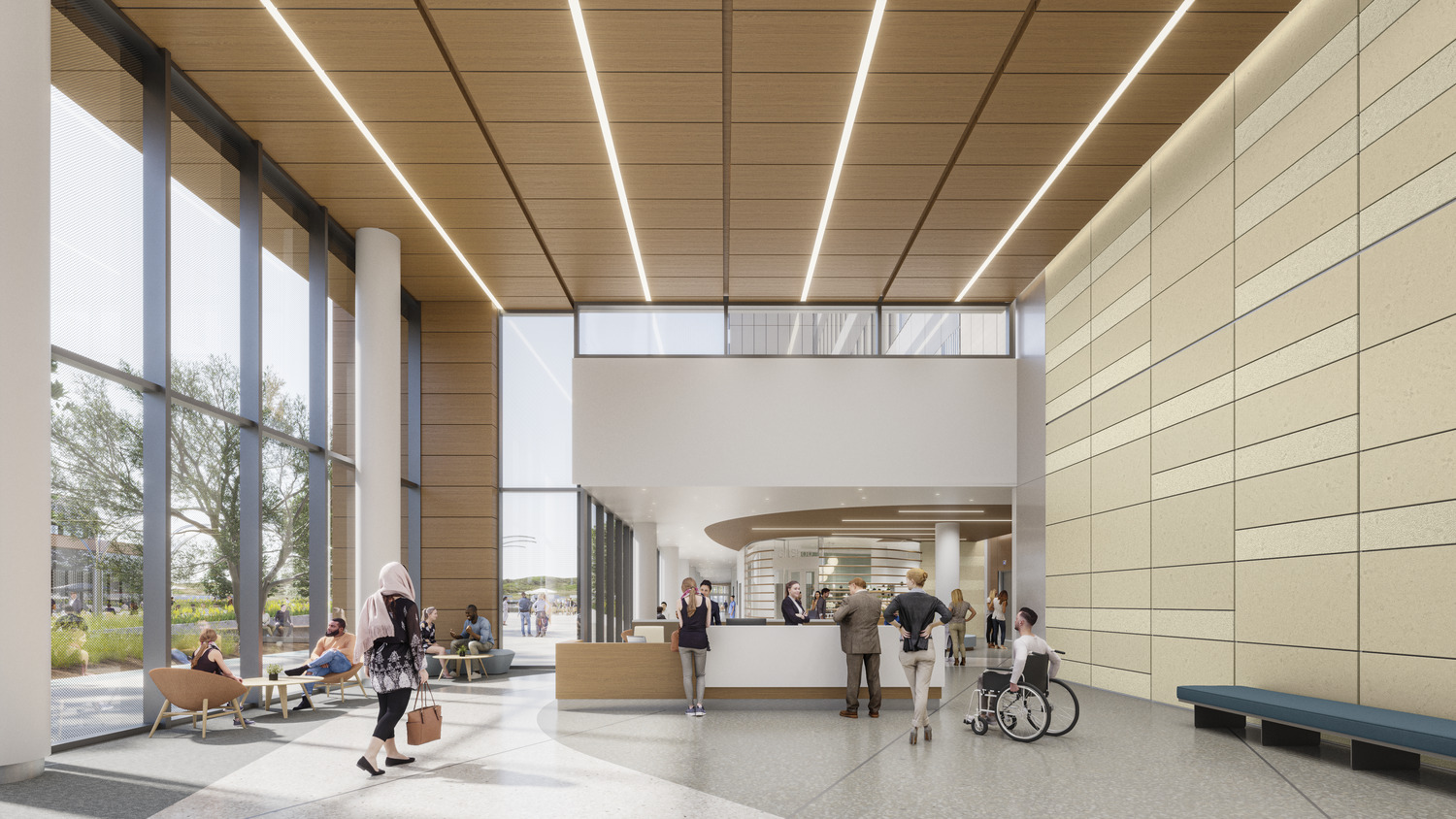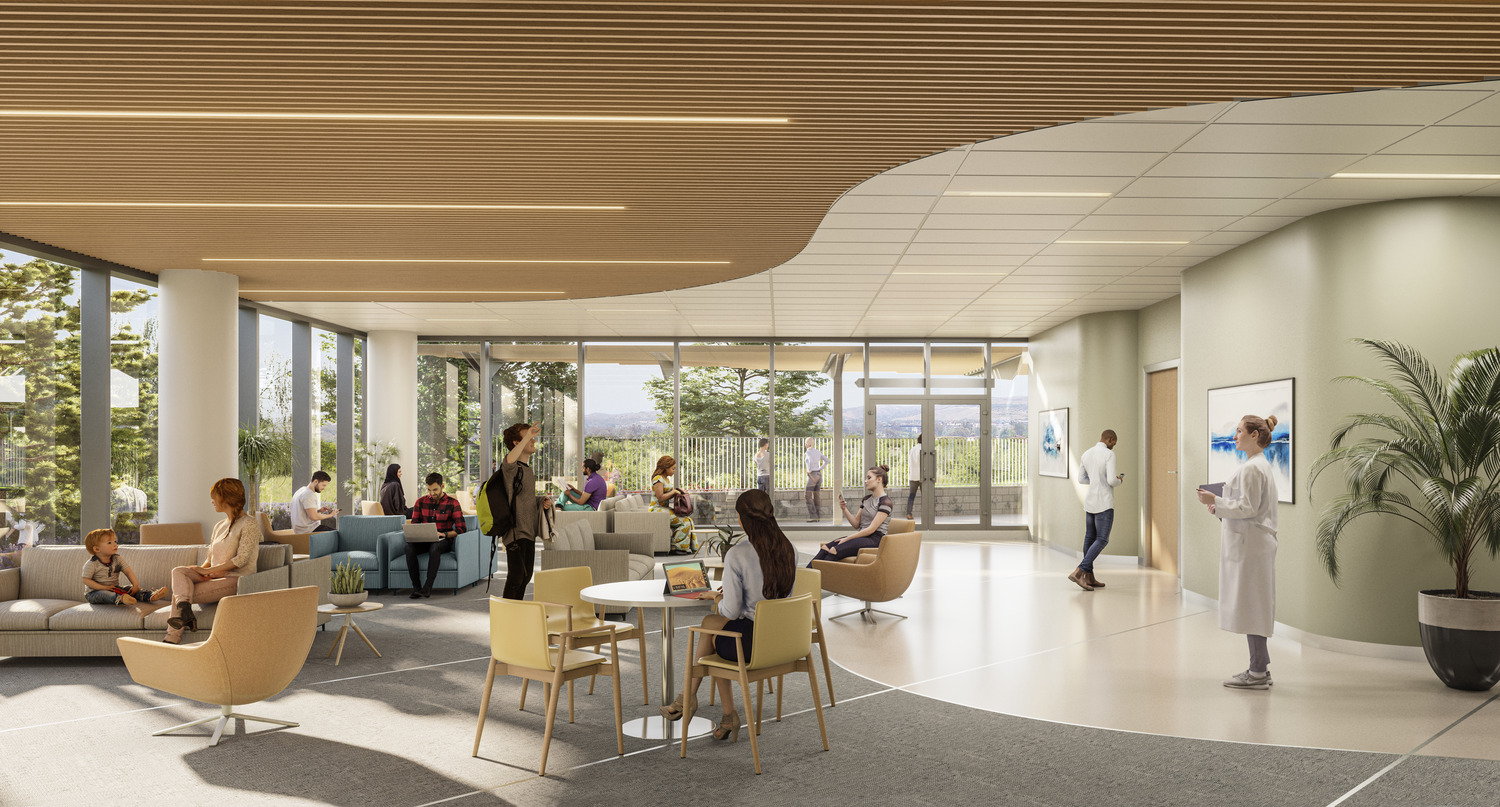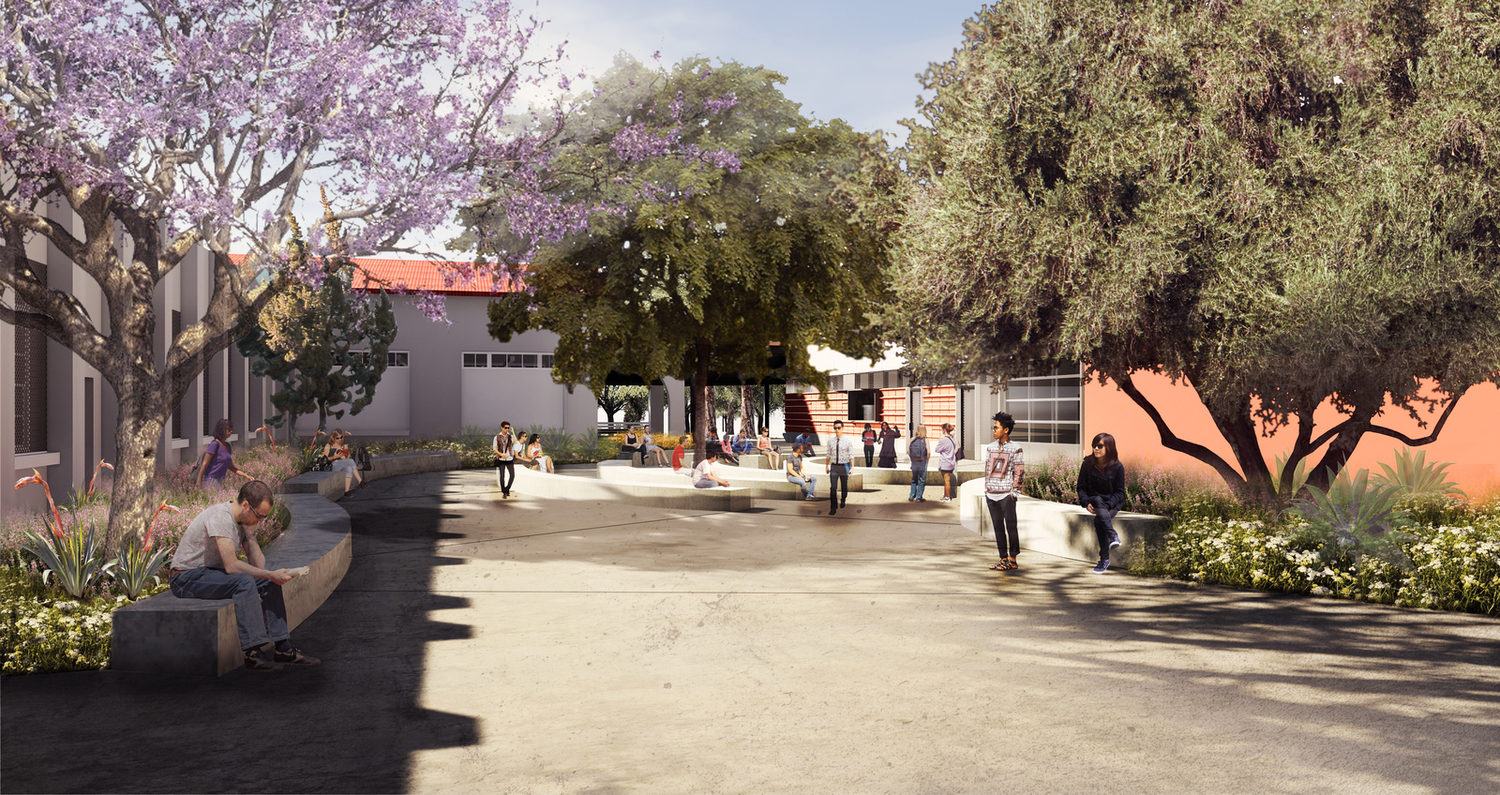Modern Healthcare Interiors: Healing and Care from the Outside In
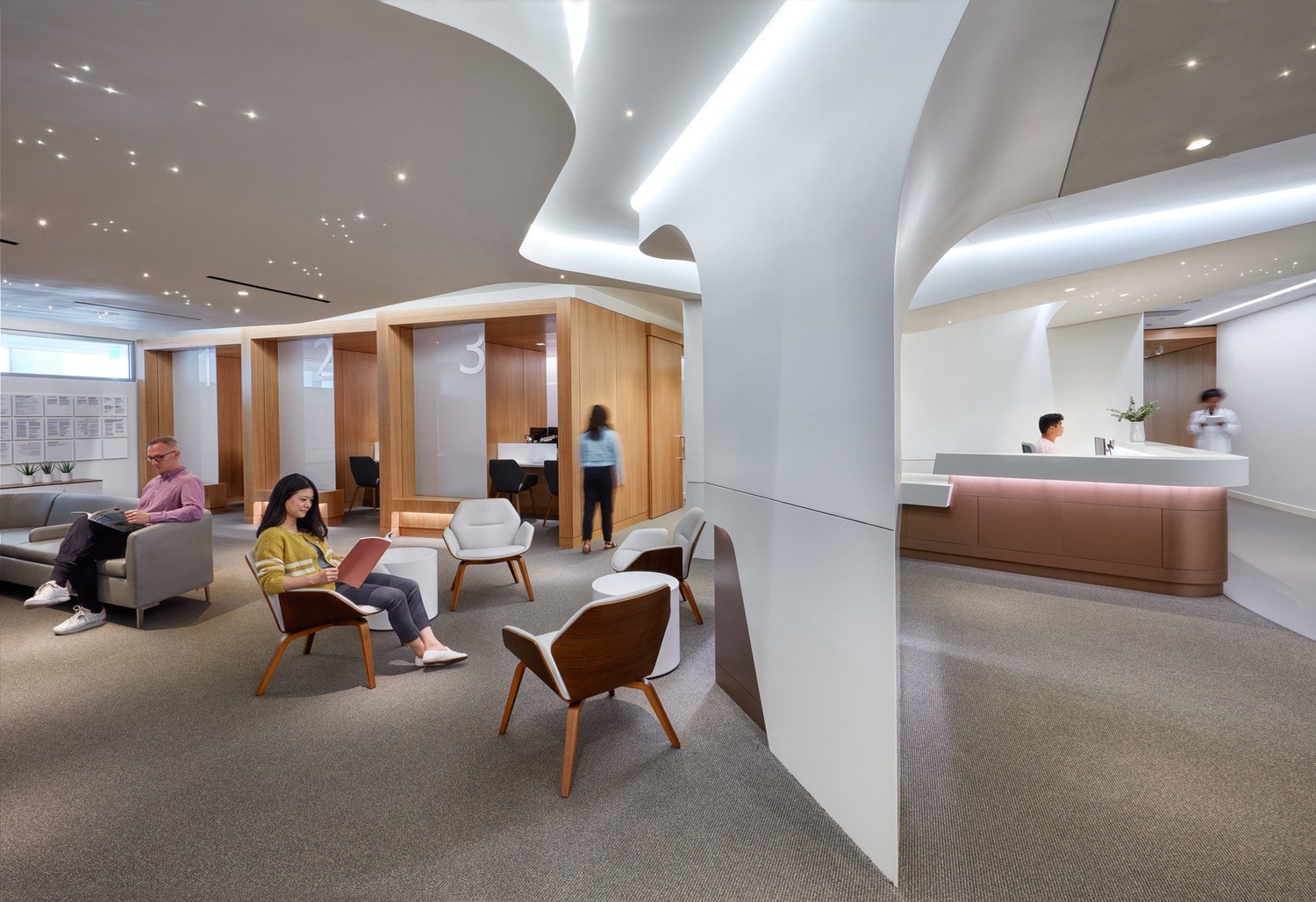
“Health” has become a buzzword in recent years, and with good reason.
As our global community reels from the impact of the COVID-19 pandemic, healthcare and care provision experts were forced to adapt to rapidly changing and unprecedented circumstances. The mark these events have left on the way we approach designing spaces of healing and medicine are unmistakable. With a hard slant towards telehealth and technological advancement, healthcare interiors are on the cutting-edge now more than ever before.
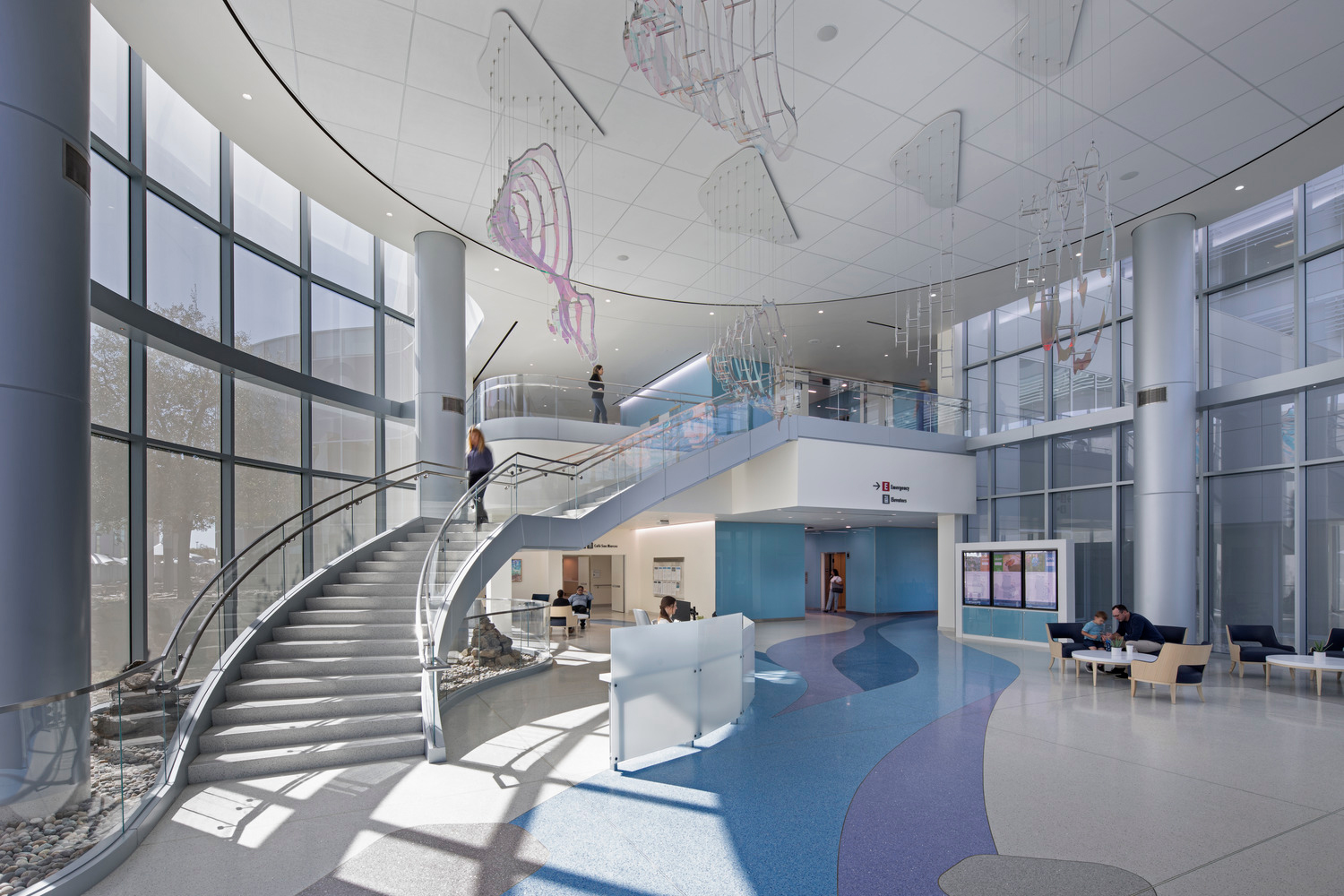
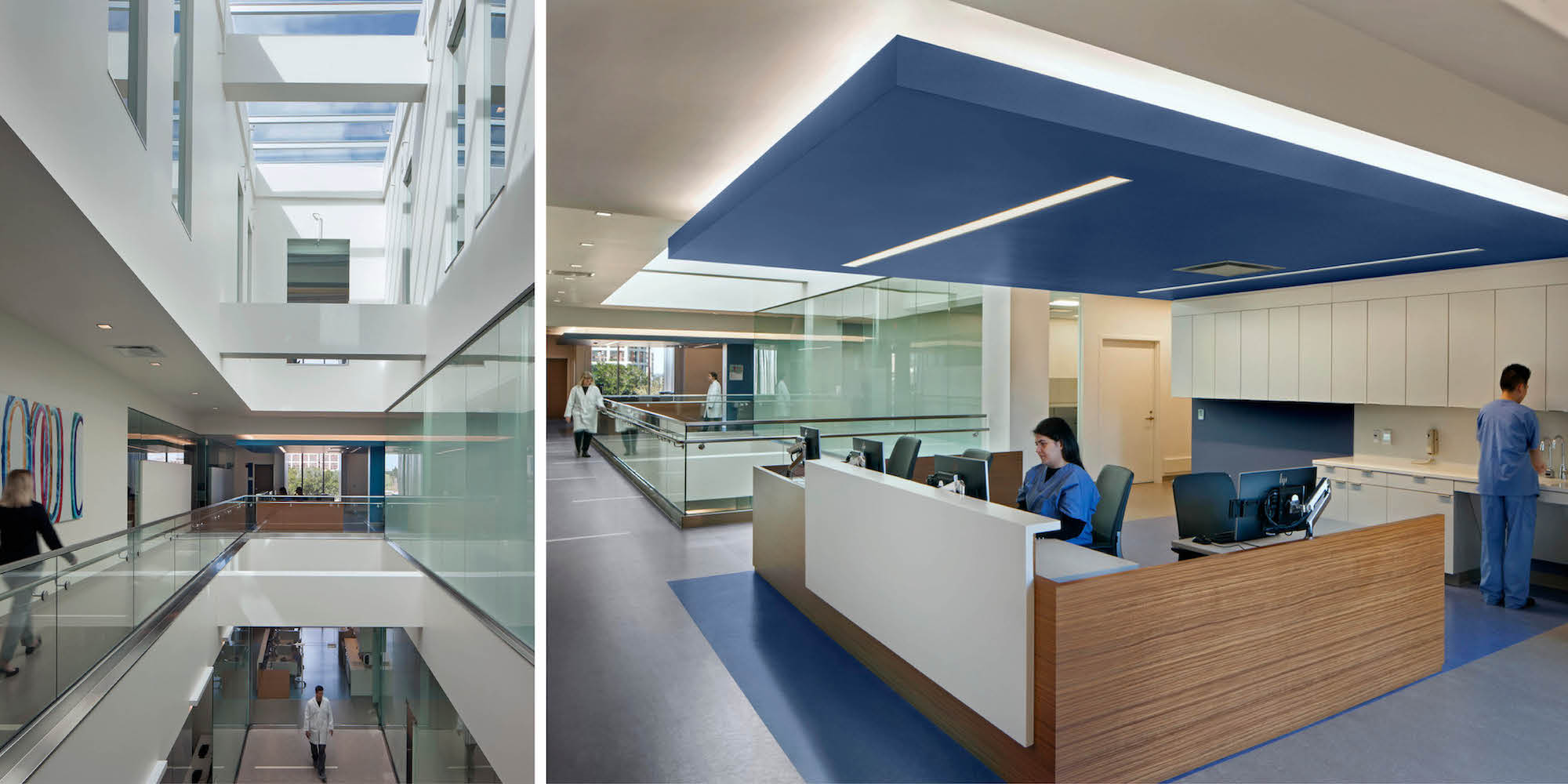
While we may hope to avoid places like doctor’s offices and hospitals, they are unavoidable spaces in our lives. From routine check-ups to emergencies – as a patient, a support system for another, or as a nurse or doctor - everyone collides with these structures at one point or another. Making these places that are so often filled with anxiety and uncertainty seem fresh and filled with hope is no small task.
CO Architects has approached many healthcare projects with these concerns in mind. Through thoughtful design, we have created new opportunities for care, respite and innovation.
Sona Aroush, a Senior Associate at CO, has been an essential player in many of these designs, with work that includes projects for Kaiser Permanente, Kansas City University and Cedars-Sinai.
"Medical care buildings are designed to stand the test of time," Sona explains. "Healing takes many forms and changes over time, meaning the building needs to be adaptable from the start."
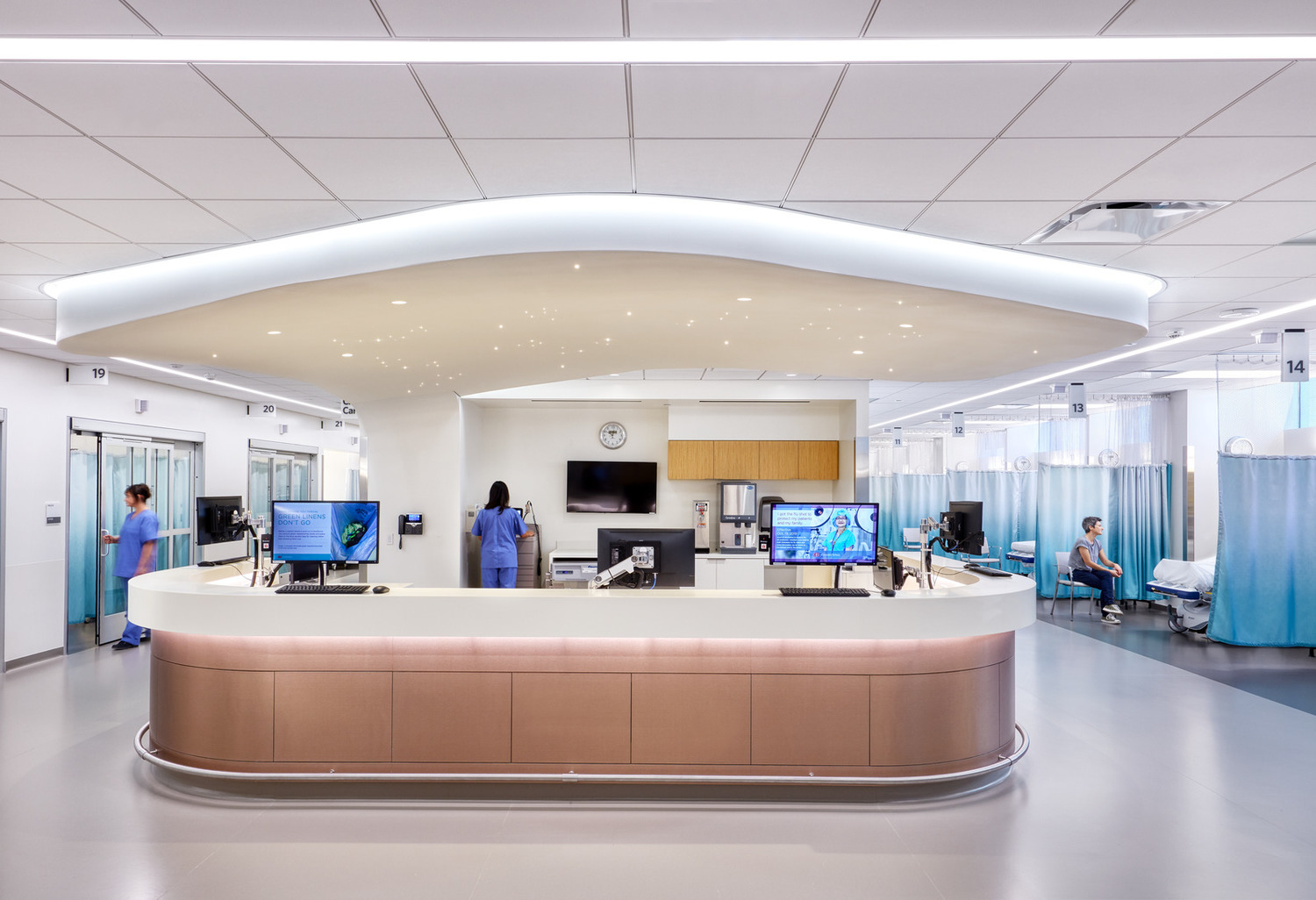
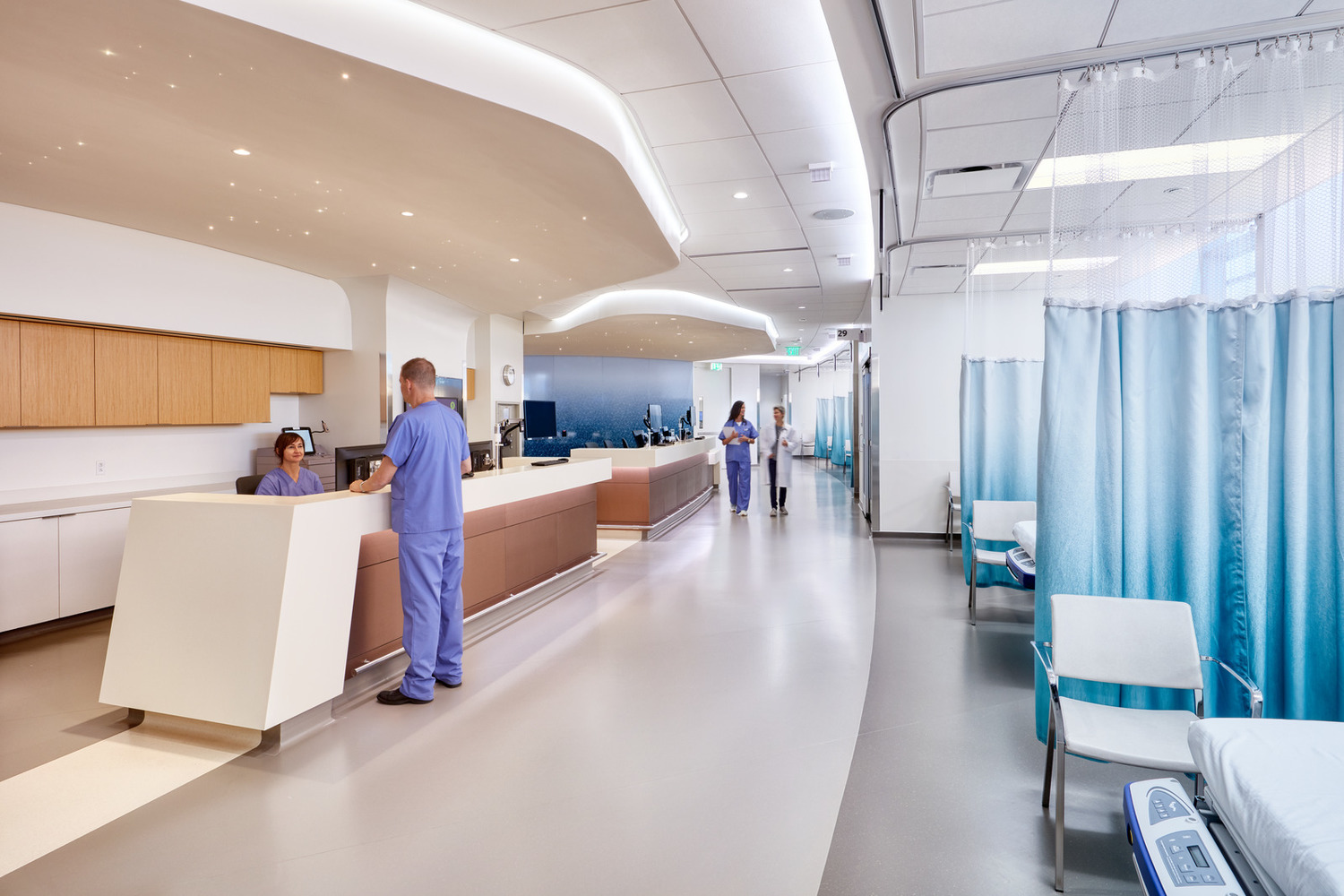
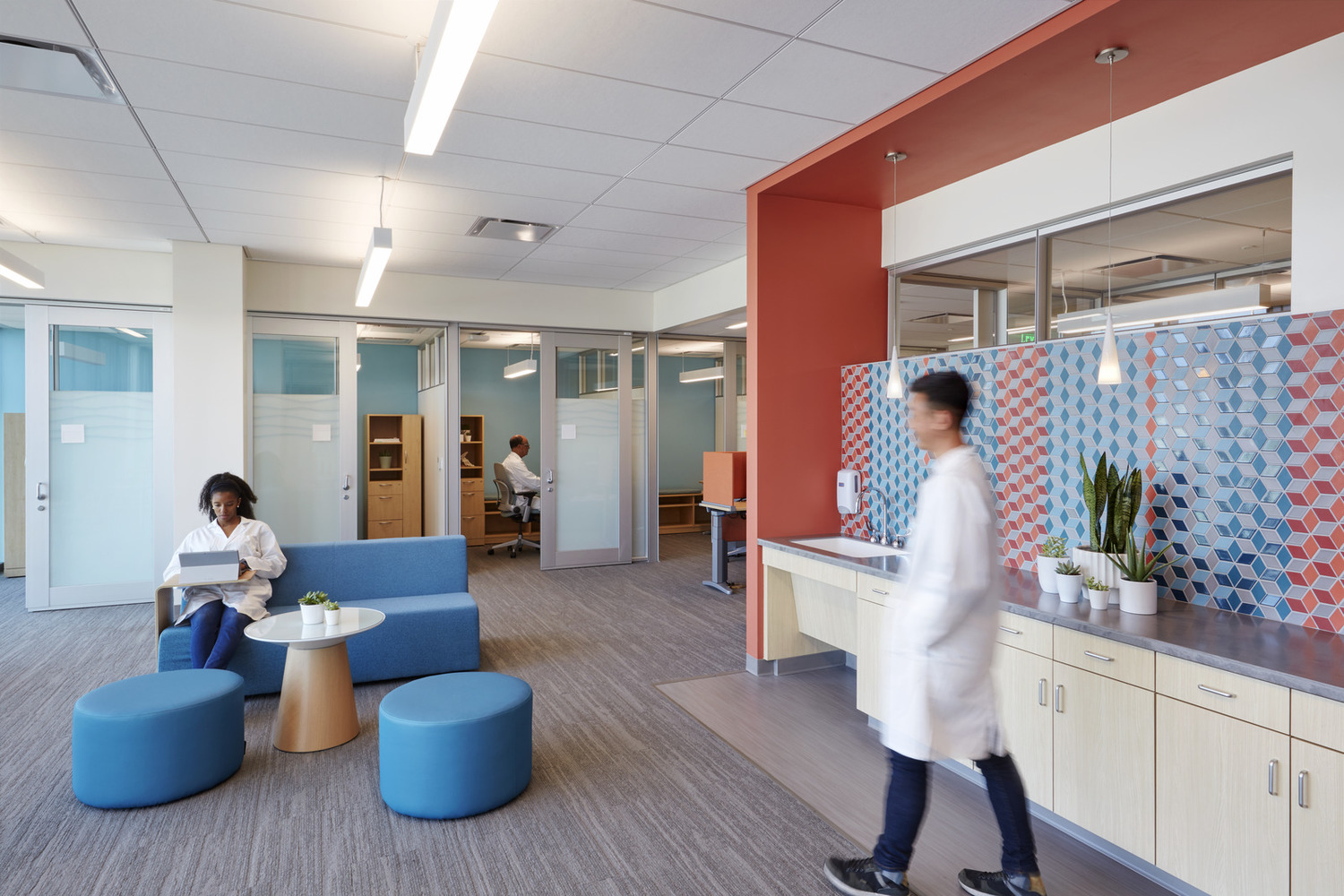
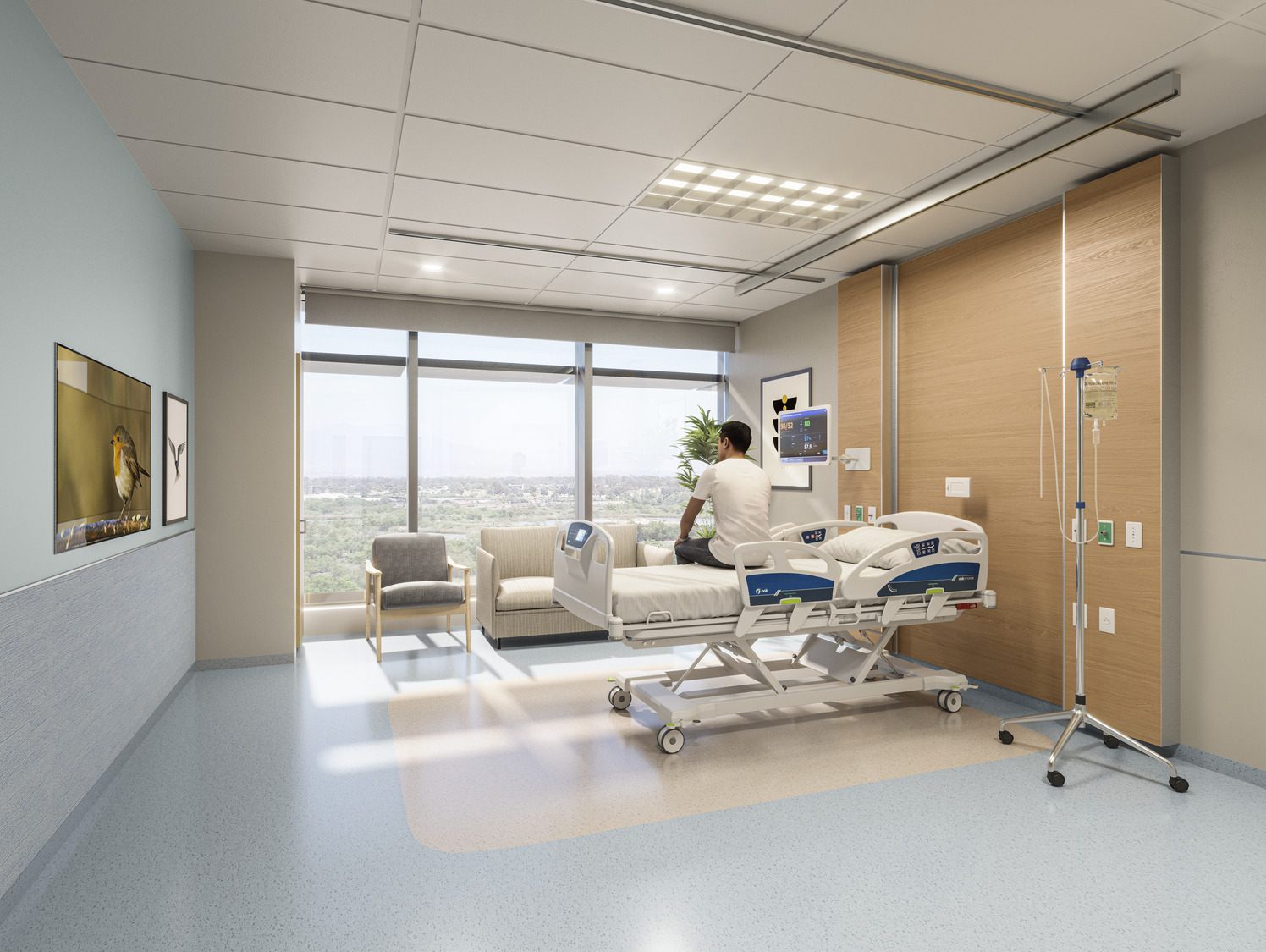
Every room in a hospital takes on a different function. Exam rooms must be designed differently from operation rooms, and those differently from offices or long-term patient rooms - and all of these needs have to be considered in equal measure. A proponent of the “less is more” mentality, Sona leans towards trends in technology which can simplify accommodation. “We are working on spaces that fully integrate technology into the design experience,” she continues. “As we evolve with technology, we are moving away from tiny charts to describe what a patient is feeling, or waiting for your physician to cross a massive hospital to speak with you. We began implementing telehealth technologies within care centers to connect patients to their practitioners. This way, communication is clearer and more direct and can result in more holistic care for the patient.”
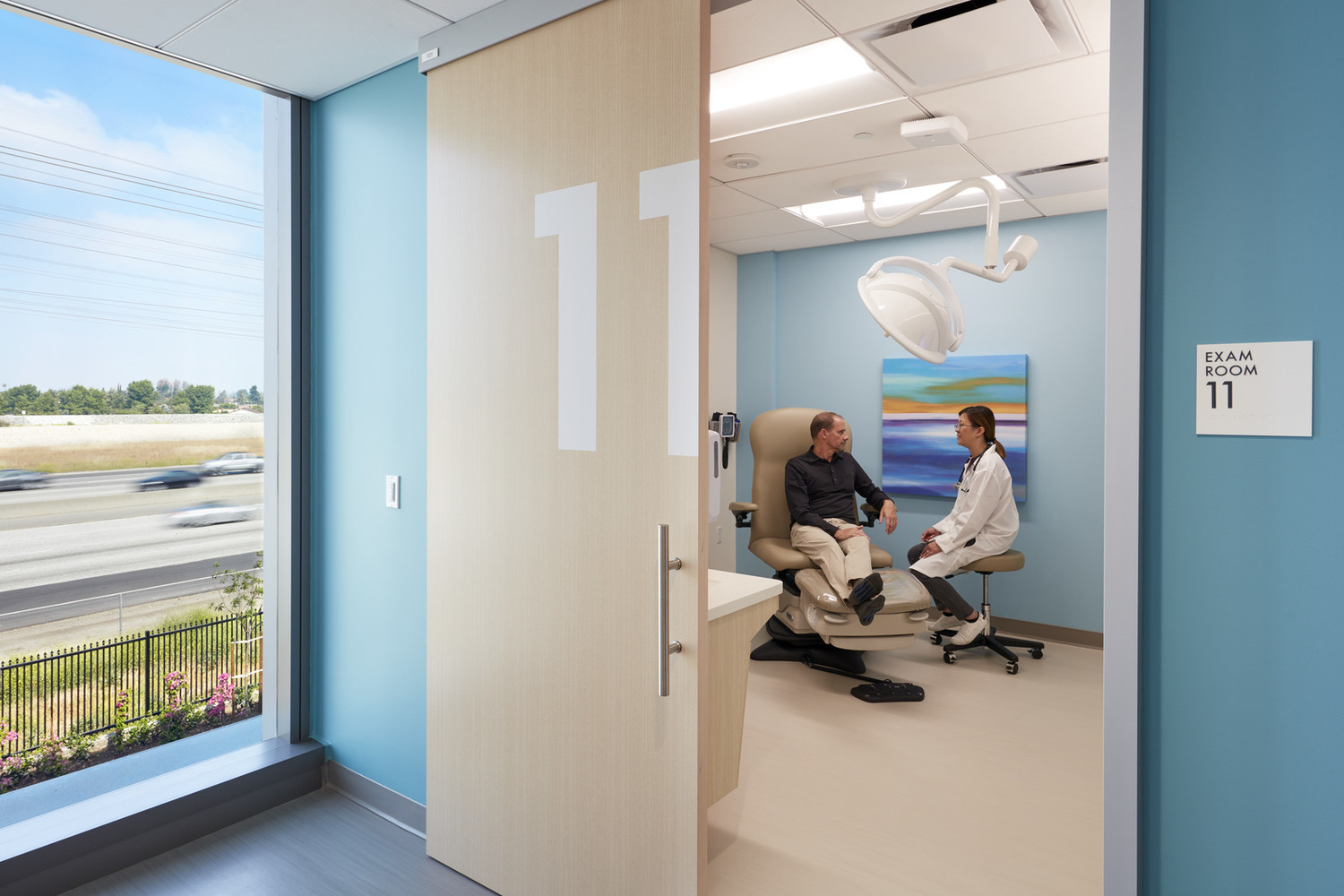
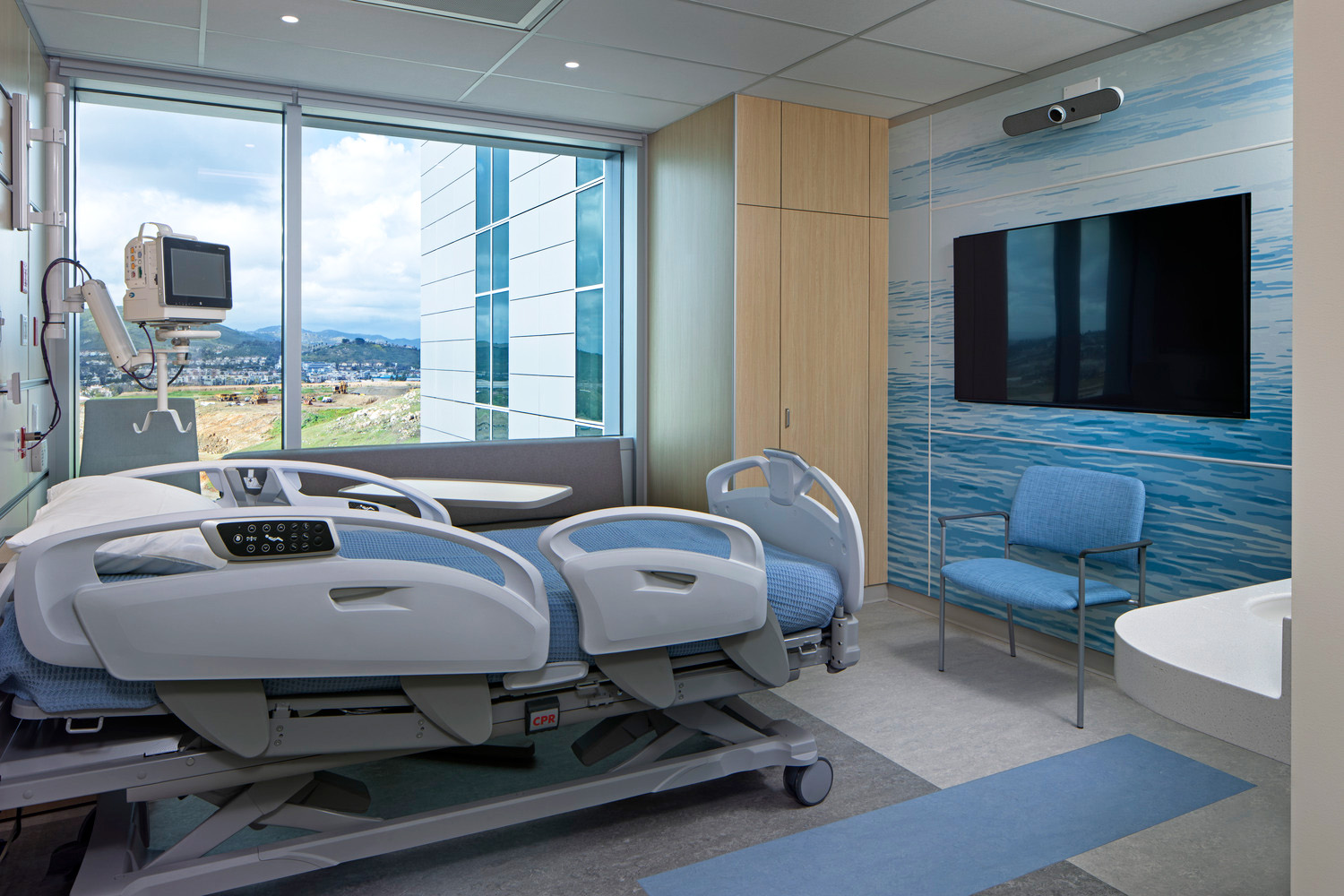
Waiting rooms and areas for patient’s families or loved ones to gather have also taken on new life as trends around remote working have shifted in a similar direction. Private spaces within communal areas are designed to allow visitors to take calls, have steady internet access, and other amenities to assist with various schedules. “Graphics and art also play a big role in these areas outside of patient rooms,” Sona shares. “We work with local artists and utilize natural elements like light and touches of wood to brighten these spaces and make them more pleasant for both visitors and staff.”
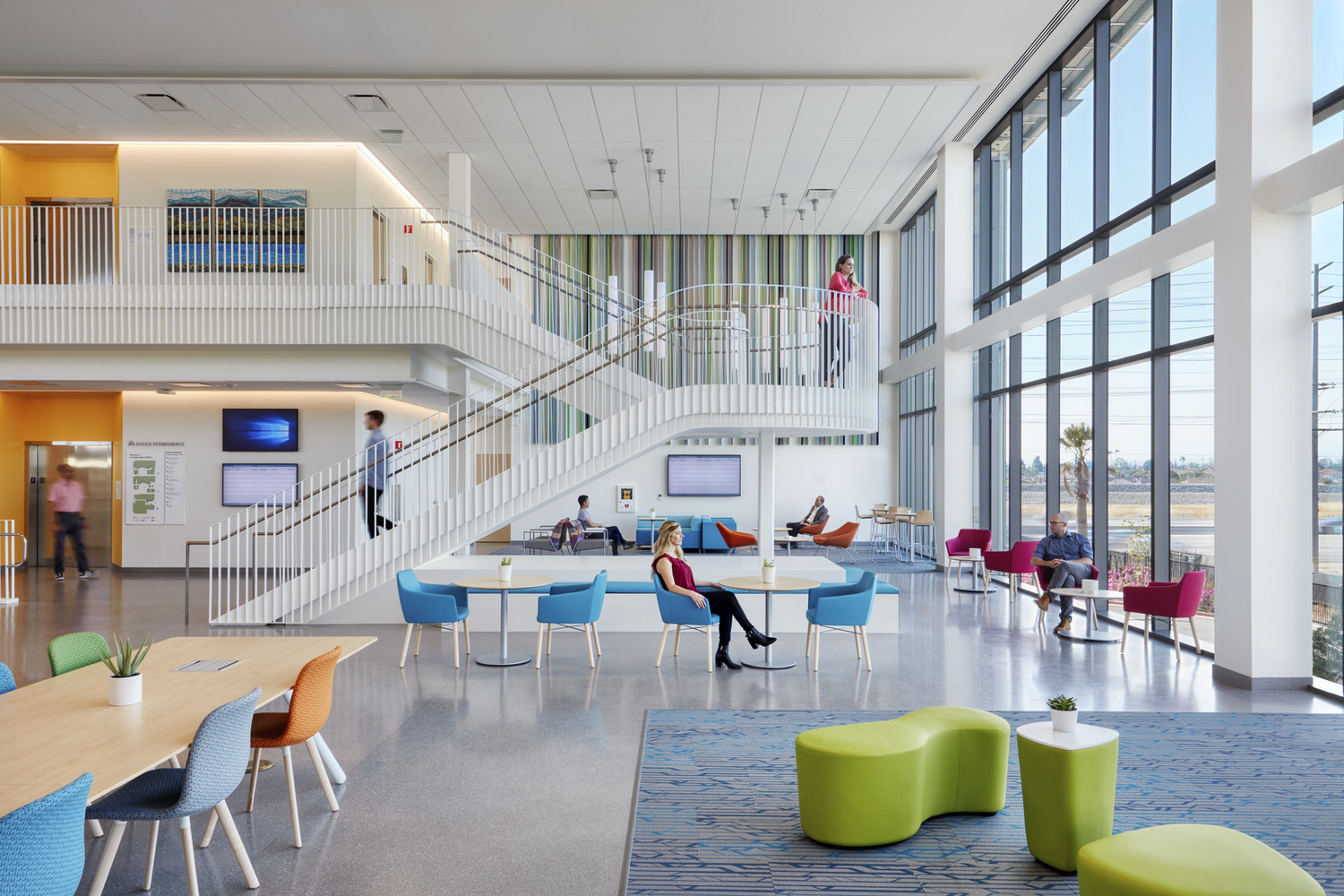
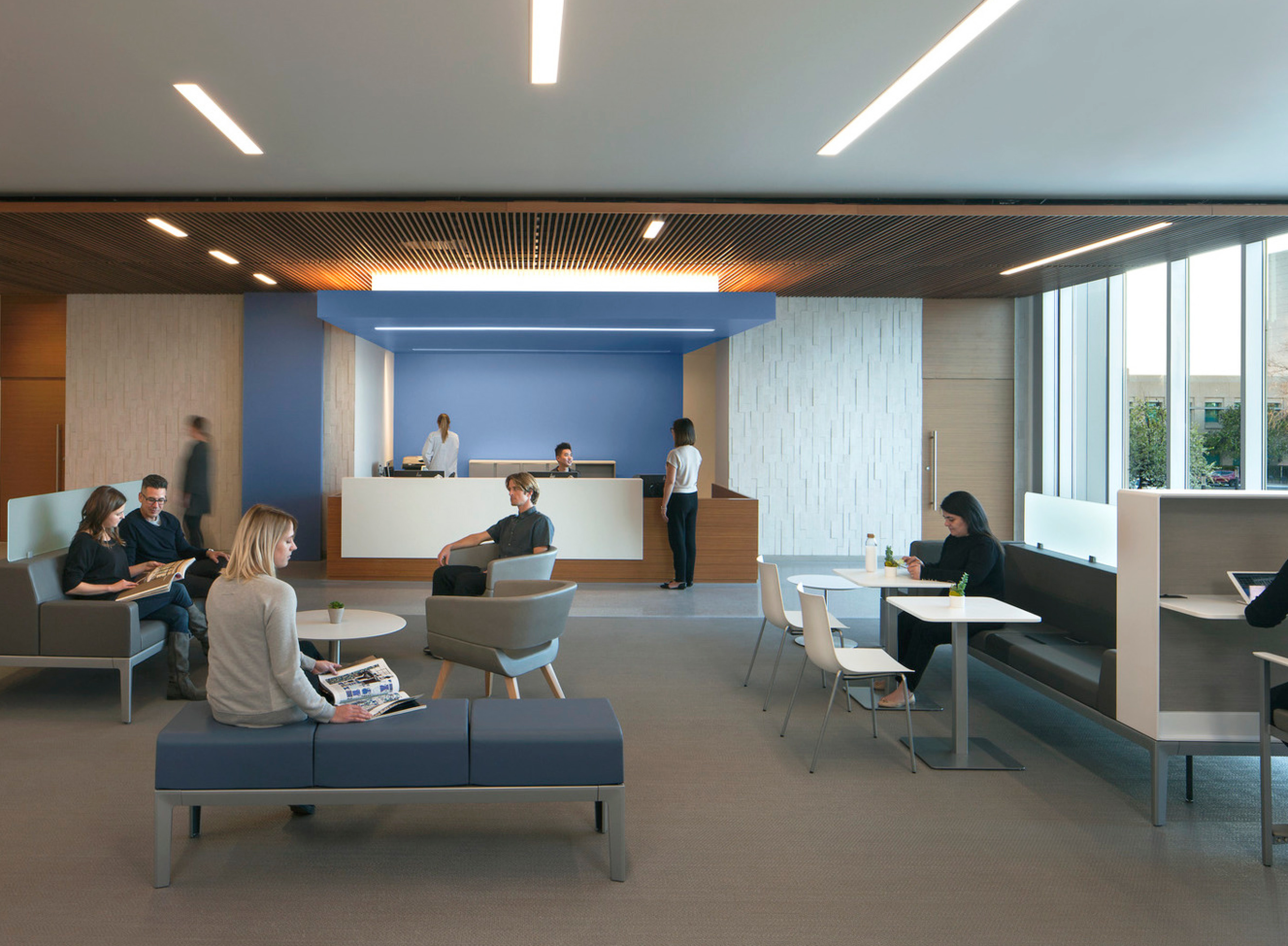
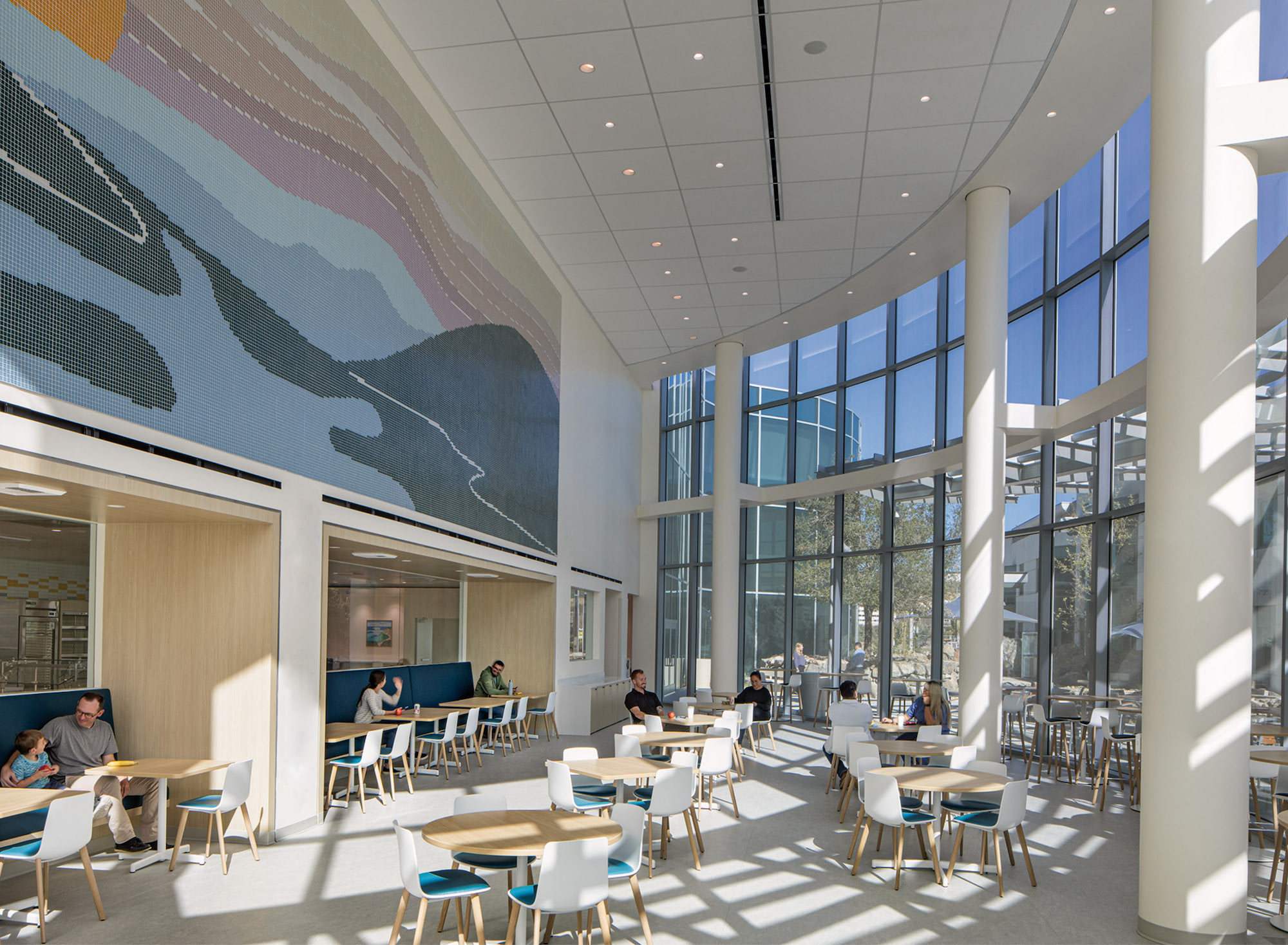
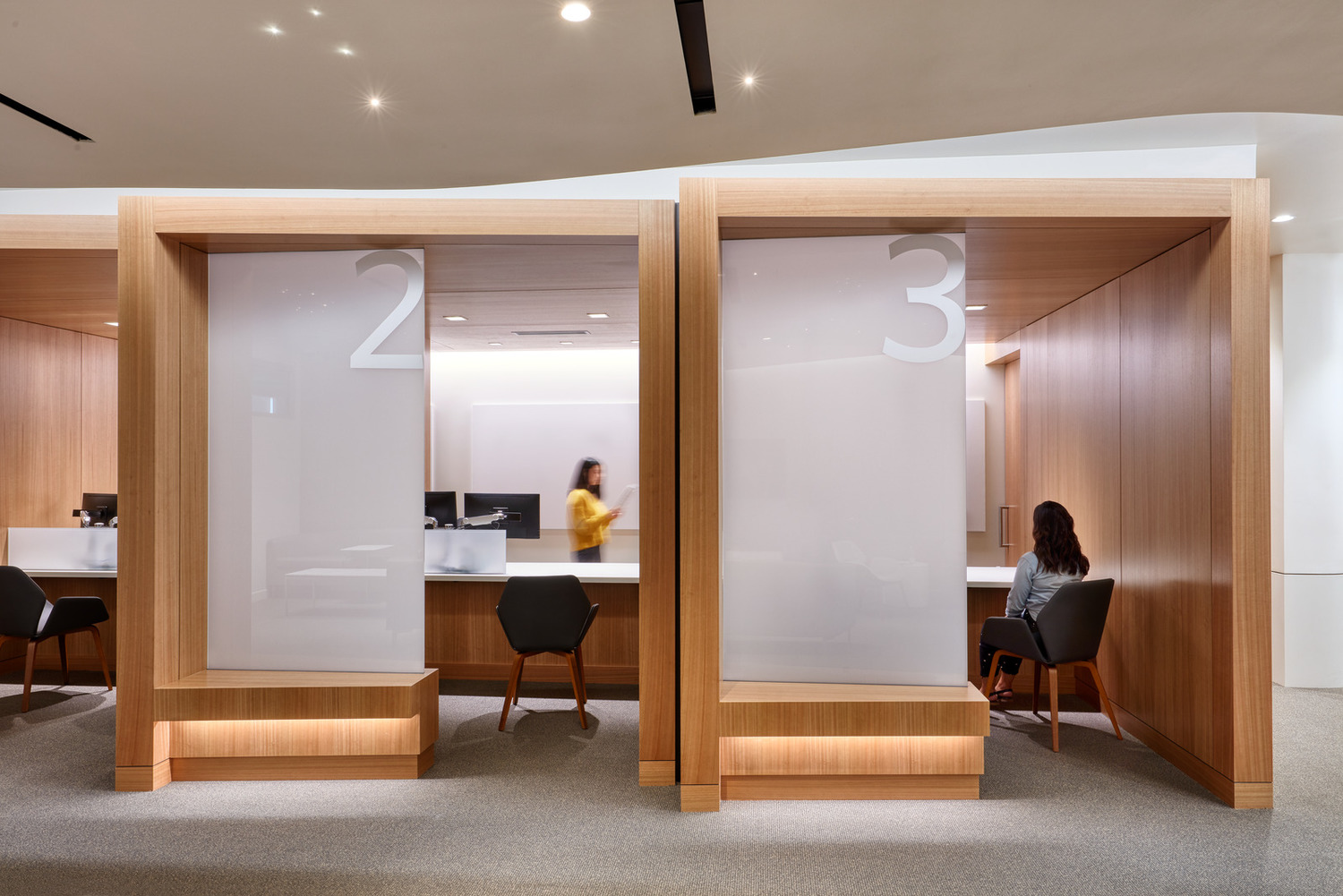
Elements like wood detailing generate soft and relaxed visuals. Sona notes that these have to be artificial elements as these spaces require a certain amount of durability, functionality and longevity. Working under the constraints of designated materials and their maintenance, (ie. how often a fabric can be laundered, which types of flooring are more easily sanitized than others, etc.) the fine details of design in healthcare interiors have to be approached meticulously.
CO's work in healthcare continues to develop alongside trends aimed at building a better experience in ecosystems of care. Always keeping central that these institutions are essential for healing, we are working on a number of exciting new innovations in this area.
